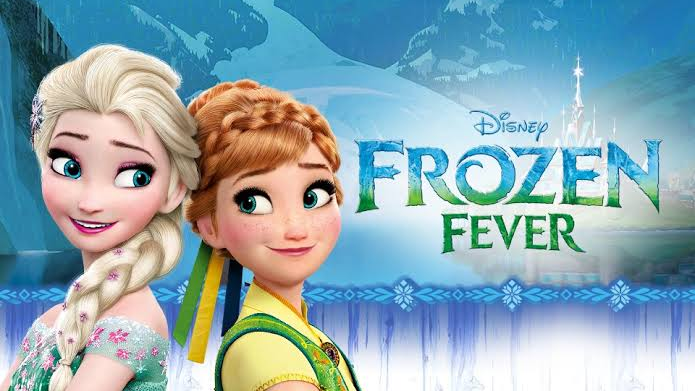

But eggs frozen when women are over 40 tend to be poorer quality, so may not provide the same benefit. This is because the eggs are better quality, so are more likely to lead to a pregnancy when women use them for IVF later in life. If women freeze their eggs when they are younger, it provides a better chance of having a baby. The UK data for IVF shows that the chances of getting pregnant over the age of 40 are very slim – 11 per cent for ages 40 to 42 and five per cent for ages 43 to 44.’

‘It’s likely that egg freezing will have about the same success rates as IVF, which is highly age-dependent. At 49, it is completely pointless, as those eggs will not lead to a pregnancy. Joyce Harper, professor of reproductive science at University College London, said: ‘I think egg freezing over age 35 is problematic because of the reduced chance of pregnancy. Some of the cycles may have been done for medical reasons and not just for ‘social’ reasons – where women have not yet met the right partner or are not ready to start a family.īut experts are concerned that fashionable egg freezing is being offered to women who are too old to benefit from it.

The UK total of 23 cycles was up from 20 the previous year, from only 10 in 2016 and from less than five in 2014.Īn age breakdown provided by the HFEA shows at least one woman aged 49 has frozen her eggs, in 2015. Latest figures show women aged 45 to 50 had a record number of cycles to freeze their eggs in 2019. After actress Sienna Miller revealed she has frozen her eggs at 40, it has emerged that British women are doing so right up to their 50th birthdays


 0 kommentar(er)
0 kommentar(er)
